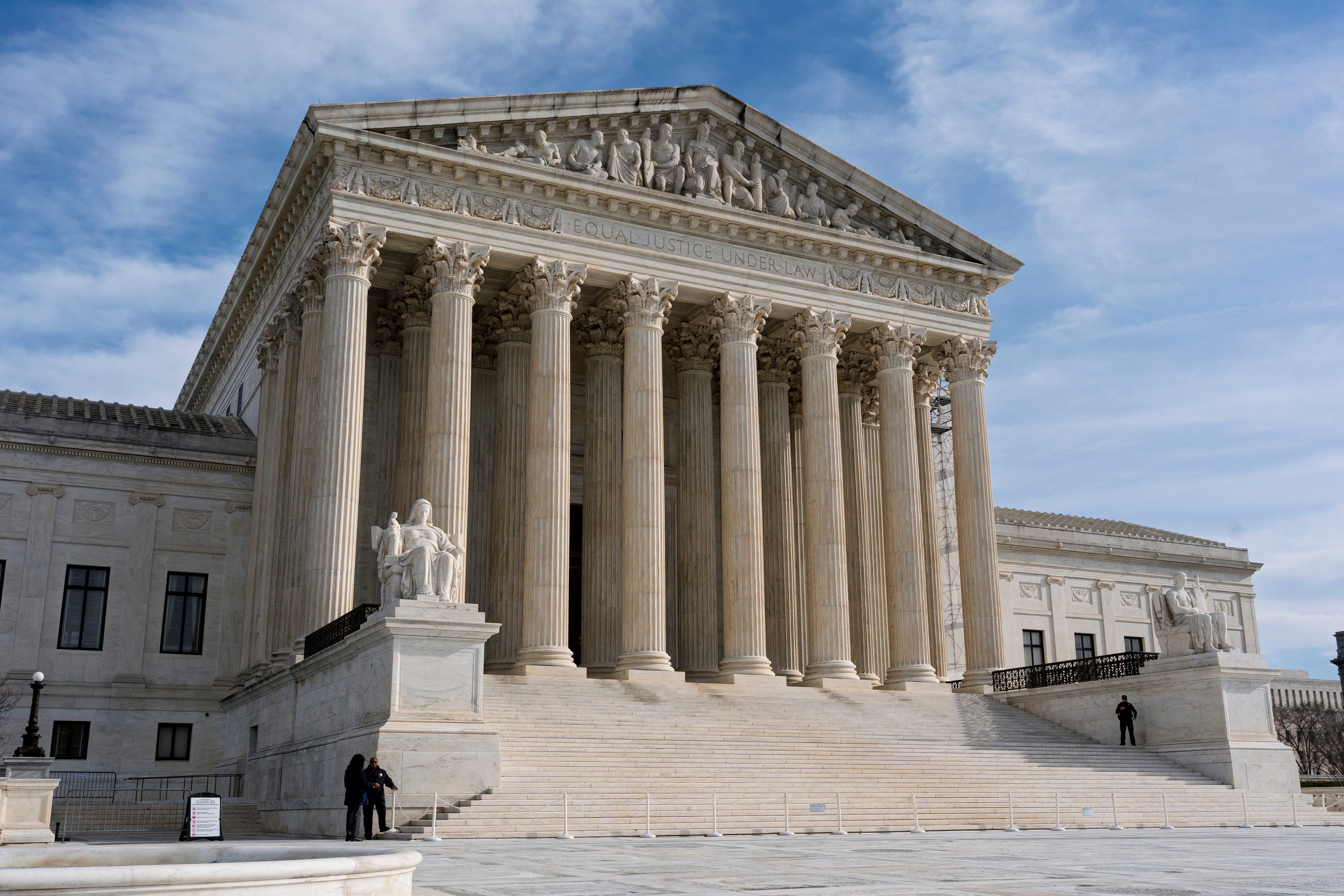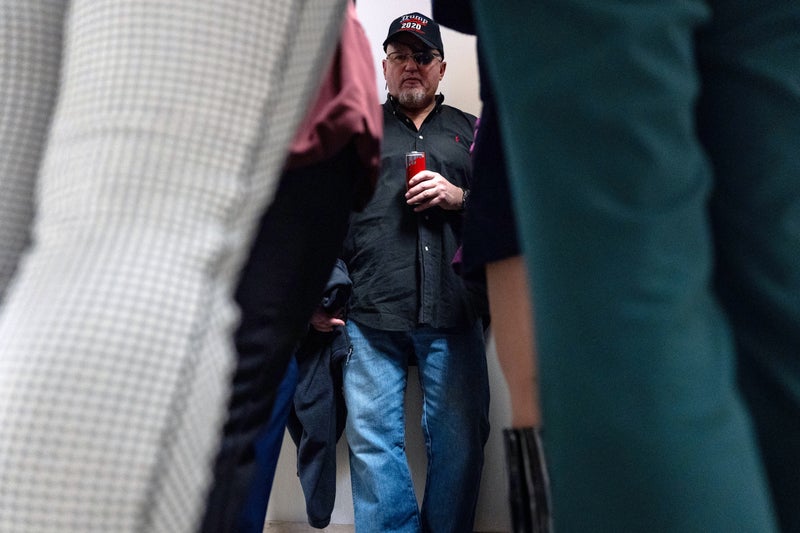Supreme Court will hear Texas anti-pornography law that challengers say violates free-speech rights
Share:
A Texas anti-pornography law is going before the Supreme Court on Wednesday in a collision of free speech rights, regulation of online content and the protection of children. Texas is among more than a dozen states with similar laws aimed at blocking young children and teenagers from viewing pornography. The adult-content site Pornhub has stopped operating altogether in several of those states, citing the technical and privacy hurdles in complying with the laws.
Texas says its measure is necessary to protect children from the current near-instantaneous access to porn, including hardcore obscene material, on smartphones. “Texas seeks to protect kids from some of the most prurient sexual content imaginable,” state attorneys wrote in court documents.
The Free Speech Coalition, an adult-entertainment industry trade group, says the Texas law wrongly affects adults by requiring them to submit personal identifying information online, making it vulnerable to hacking or tracking. The group agrees that children shouldn't be seeing pornography, but it argues the new law is so broadly written it could also apply to sexual education content or simulated sex scenes in movies. The law also leaves a loophole by focusing on porn sites rather than the search engines often used to find porn, the group says in court documents.
“This really is about how the government can regulate any speech that it doesn’t like,” Vera Eidelman, a staff attorney with the ACLU’s Speech, Privacy, and Technology Project, told reporters last week. “Pornography is often the canary in the coal mine for free speech.”.






















